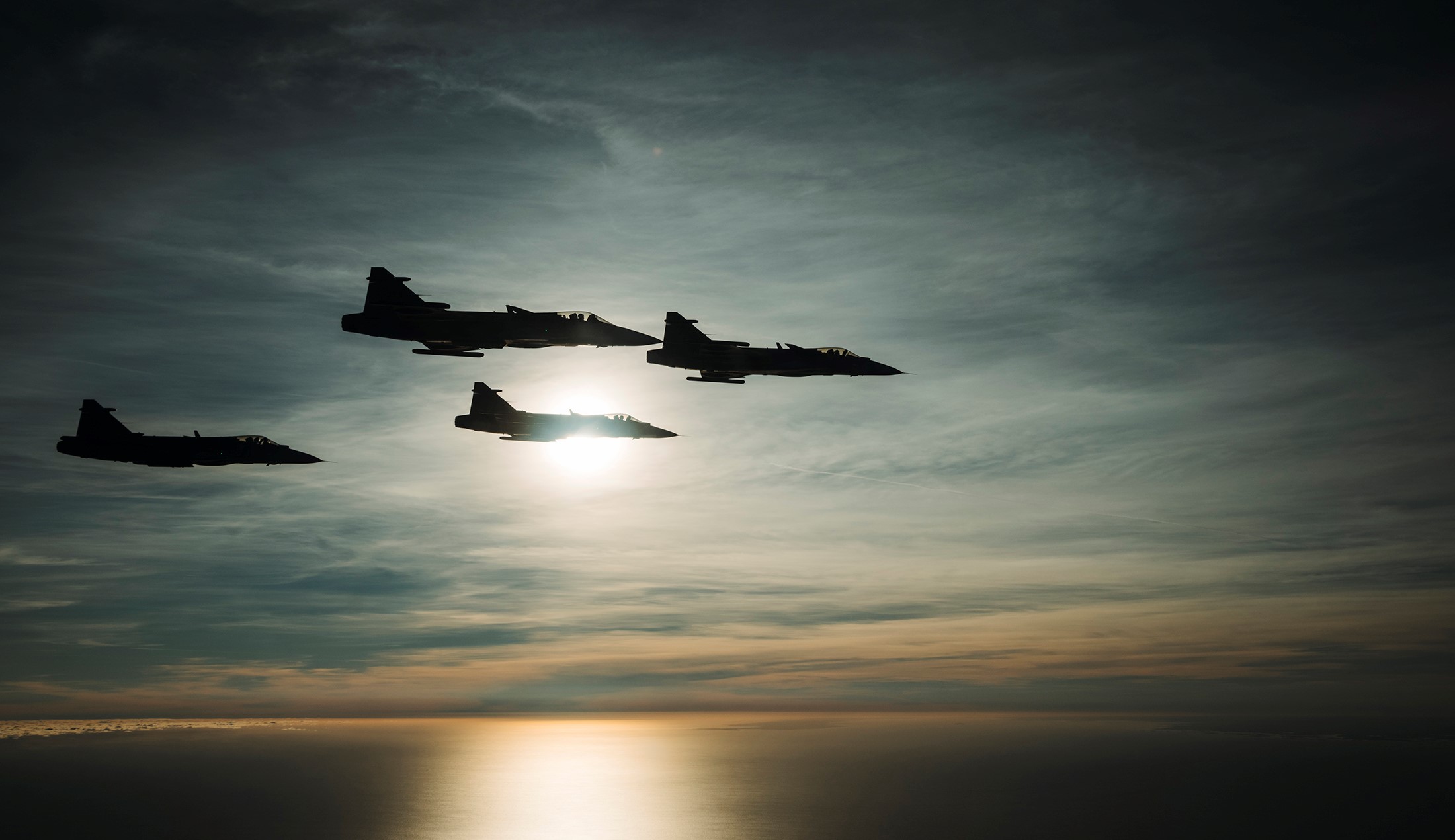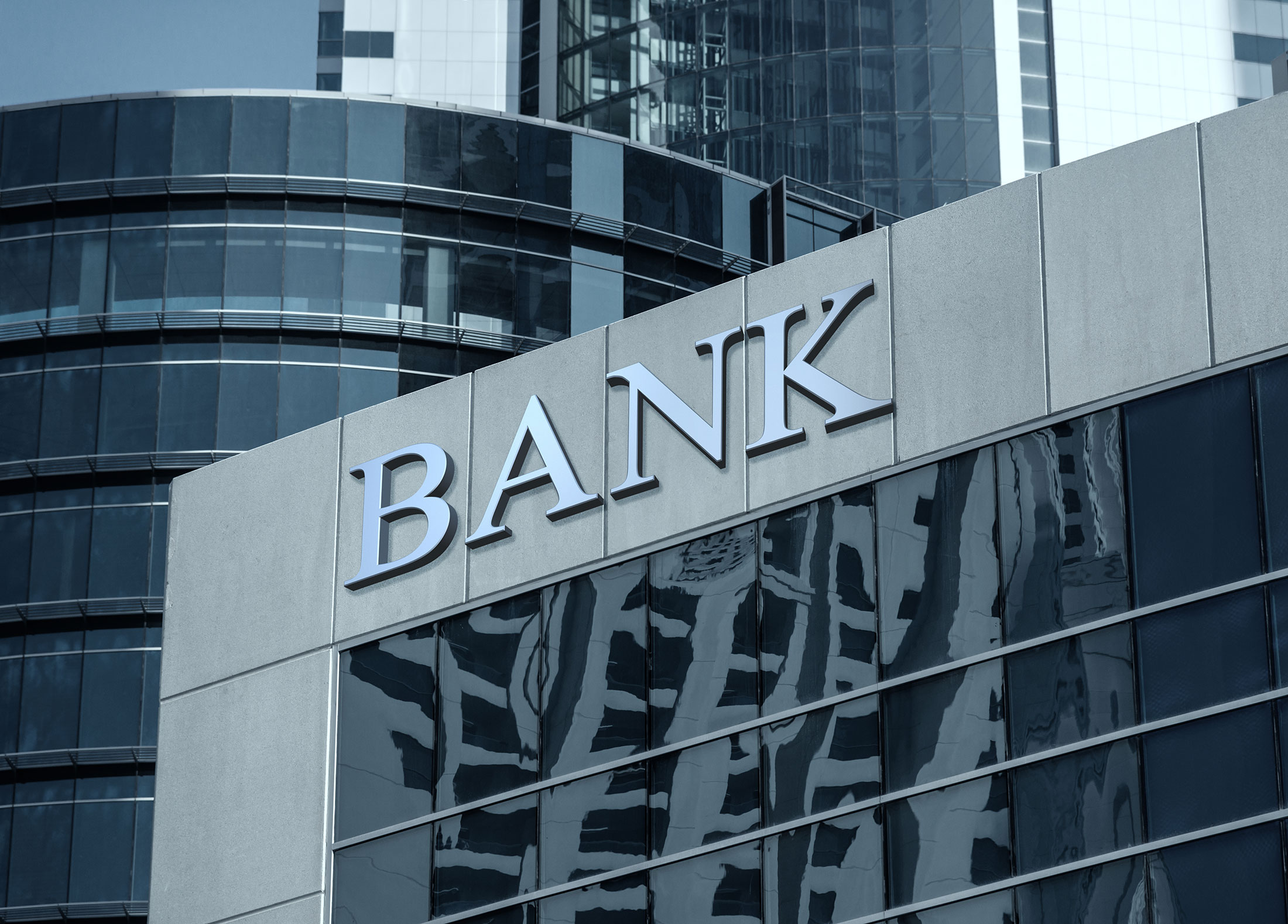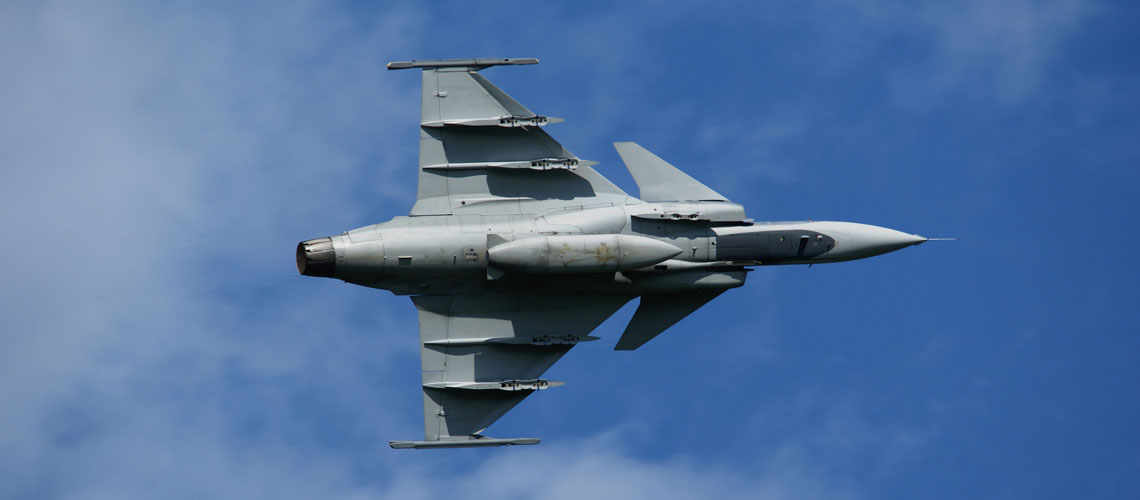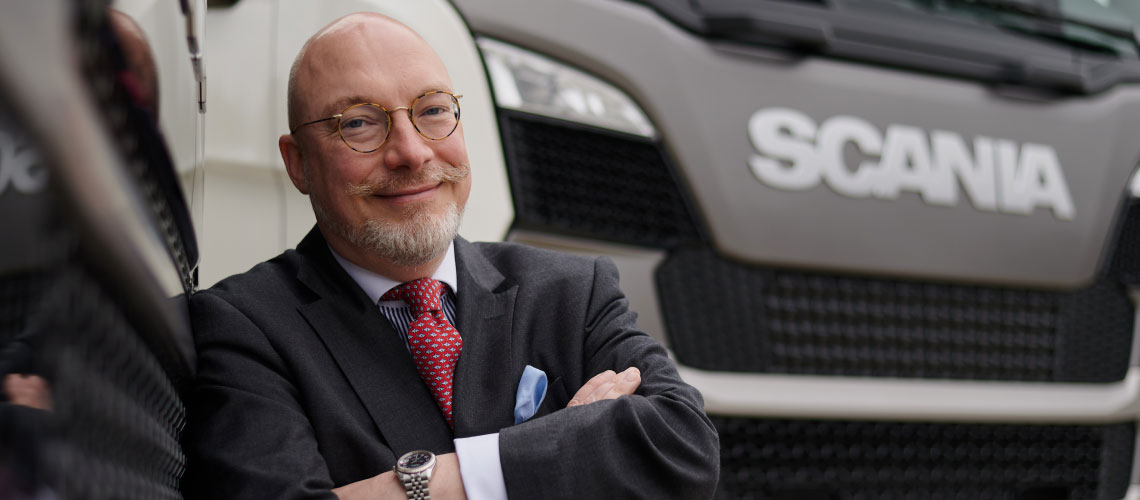
Published
- Risk
- Trends
- Trade
Export finance poised to play a bigger role in European rearmament
State-backed guarantees are becoming a key tool in funding the bill for reinforcing European defence capabilities.
Higher interest rates and strained state budgets call for new financing solutions
In the wake of Russia’s invasion of Ukraine, many European countries are looking to strengthen their defence, building new facilities and upgrading their weaponry. Poland’s president Andrzej Duda recently called on members of the NATO alliance to raise their spending on defence to 3 percent of their gross domestic product (GDP) as Russia puts its economy on a war footing and pushes forward with its invasion of Ukraine.
In practicing what they preach, Poland now spends 4 percent of its GDP on defence, making it the member to spend the most in percentage terms as it modernises its military. “However, other NATO countries must also take greater responsibility for the security of the entire alliance and intensively modernise and strengthen their troops,” Duda noted.
To Swedish defence contractor Saab, the Polish strategy has yielded several large contracts in the last two years. The latest was released early March 2024 and covers 12.9 billion SEK worth of deliveries of Carl-Gustaf recoilless anti-tank missiles and training. This followed on last year’s orders for two signal intelligence ships and two Saab 340 Airborne Early Warning (AEW) aircraft.
At Saab, CFO Christian Luiga is pleased with the string of large Polish contracts: “It’s a testament to our technological edge and our capacity to deliver.”
Arms exports up 18 percent
The renewed focus on defence in Europe has also prompted Sweden and Finland to join the NATO alliance. Luiga believes the Swedish membership will further strengthen Saab’s position as a leading supplier. “Equipment in highly sensitive areas such as signal intelligence – where Saab is very strong – is exclusively sourced within NATO.”
In addition, the NATO Support and Procurement Agency (NSPA) prefers to buy from NATO members and getting an early access to the R&D process offers Saab further advantages.
Last year, Sweden's arms exports rose 18 percent. Most of the increase went to European Union countries and 39 countries which Sweden cooperates with, the Swedish Inspectorate for Strategic Products (ISP), a government agency, said in a statement.
"The degradation of the security situation and the continuing rearmament in the world means that the Swedish defence industry can expect many orders for a long time," said ISP director general Carl Johan Wieslander in a statement.
A challenge to national budgets
In general, rapidly rising defence investments represent a challenge to national budgets and many exporters are looking at ways to help government buyers diversify financing, while reducing the need for customer financing. “Higher interest rates and strained state budgets call for new financing solutions,” says Luiga and adds, “even if Saab has well-filled coffers, we are simply not able to accommodate the rearmament of Europe on our own. In addition, swelling order books requires us to invest in the expansion and upgrading of production facilities.”
Having a state-backed guarantee is becoming much more crucial in defence contracting, Luiga continues. “Without risk-covered financing we would have to say no to some contracts for balance sheet reasons.”
Luiga comments that, “Defence contracts are often quite large and span several years, which carries a financial exposure that needs to be managed. Even if we rarely need to invoke a guarantee, it brings a sense of security across the board.”
The top 10 destinations for Swedish arms exports in 2023
United States 3,467 million SEK
Brazil 2,798 million SEK
Pakistan 1,573 million SEK
United Kingdom 1,507 million SEK
Germany 951 million SEK
Hungary 946 million SEK
India 704 million SEK
Norway 634 million SEK
France 532 million SEK
Czech Republic 488 million SEK
Source: The Swedish Inspectorate for Strategic Products (ISP)

EKN for buyers in Swedish export transactions
Buy from Sweden and benefit from attractive financing.
EKN for buyers in Swedish export transactions

- Trends
- Digital
- Tech
Large corporates take on the future with tech startups
David meets Goliath in a race for innovations where everyone’s a winner: Leading Swedish truck exporters Scania and Volvo share their advice on how to successfully embrace the startup community.
Large corporates take on the future with tech startups
- Financing
- Guarantees
- Trends
In defence of defence
The war in Ukraine has triggered a reassessment of defence spending in financial and political circles. How can export finance contribute?
In defence of defence
- Financing
- Markets
Keeping Ukraine on the move
Despite its sites being attacked by Russian forces, truck maker Scania decided to remain present in Ukraine. “Logistics is crucial to a country at war,” says Håkan Jyde, Managing Director Scania Ukraine.
Keeping Ukraine on the move